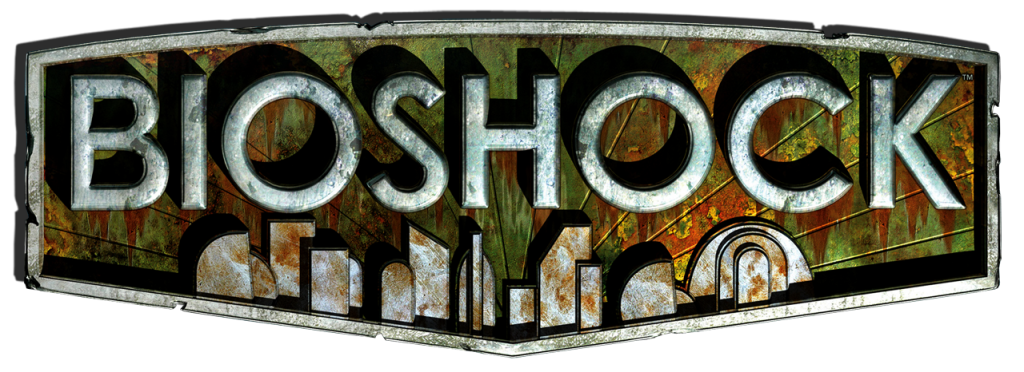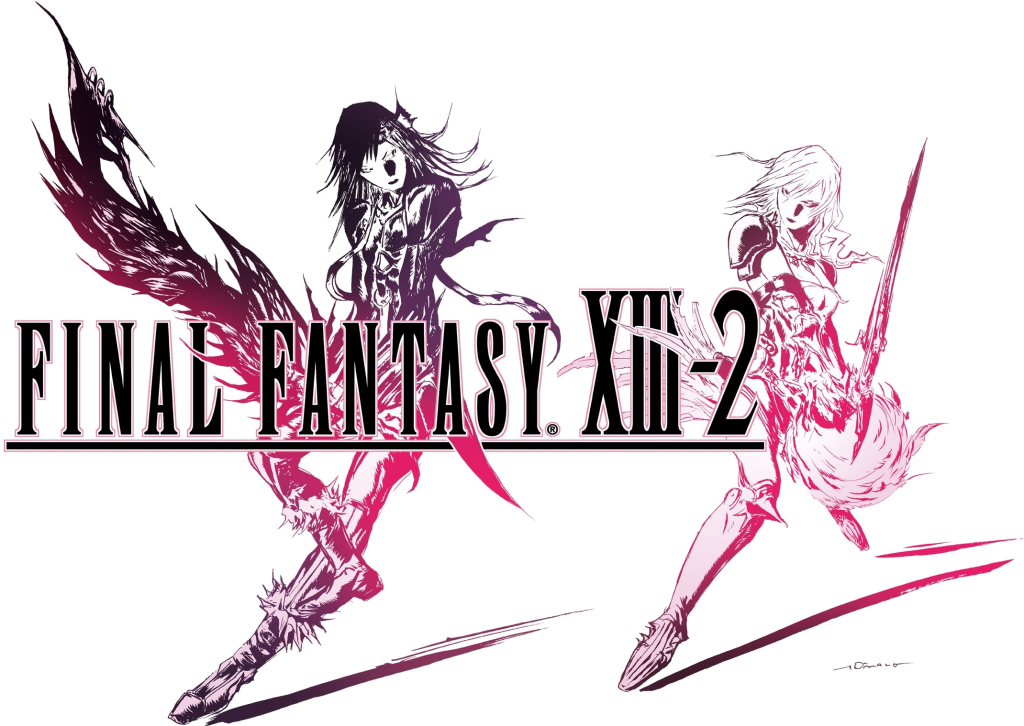Last updated on July 11, 2014
Let us talk about the smattering of video games I played this week, because nothing says “I am completely lacking in engagement or focus” right now then listing all the game you played this week!
Bioshock – Yes, I tried my hand at Bioshock again. I am not exactly sure why, but I figured that I could handle this game and enjoy it. Unfortunately, I forgot how awful the shooting feels and sounds, the theme park-like atmosphere, how the enemies act like bullet sponges (especially on hard), and just the general “sameness” of all the environments.
I suppose a lot of this comes from my general background of console games and Japanese design tropes, but nothing really engages me on a purely mechanical level. Bioshock gets away with a lot just by observant people who find themselves utterly immersed in the environments, and that’s all well and good for them.
As for me, I find nothing to sink my teeth into here, and find myself wholly lost. Without the central appeal for me and my expectations, I just find Bioshock hard to enjoy even knowing how I’m supposed to play it. I call that the fault of the developers, because how could I be to blame for that? Don’t answer that question….
Just Cause 2 – All signs point to Just Cause 2 becoming one of my favorite games. Open world destruction for no reason? Check. Stupid stunts and a grappling hook that makes no sense, yet works perfectly as an artificial superpower for the player to enjoy? Check! Explosions, helicopters, and lots of general stupidity? Check!
Much as this all sounds and plays like a perfectly enjoyable game, that’s about it. Just Cause 2 doesn’t draw you into itself with great personality, or interesting mechanics, or challenging missions. Everything just hangs as a loose connection of parts, as if the designers threw darts at a wall and decided what they would include/not include purely on that basis. Or maybe they thought everything seemed cool enough to include, I’m not sure.
What I am sure about, and this makes me sad, is that Just Cause 2 is exemplary in no way, shape, or form. If I want open world destruction, I’ll take Grand Theft Auto III any day. At least the game had personality, the missions presented genuine challenges and variety (beyond the one tactic “blow it up”), and the setting makes perfect sense. Just Cause 2 takes lots of great ideas, but does nothing great with them.
Final Fantasy XIII-2 – Why am I returning to this game several years later? Well, apparently I bought the DLC pack at some point, and felt like now, of all times, would constitute a great way to spend my time. Well, if confusion and relative misery were the goal, then it sure worked.
Apparently, to get the “real” ending, I need to collect 160 Fragments, all of which are strewn about the game requiring various accomplishments. Some of them pretty much require familiarity with many of the game environments, such as Augusta Tower. Suffice to say, I can barely remember a thing about the game’s story or the specific steps I took to go through said segments, making much of these busywork tasks an excercise in frustration.
Add the nearly impossible Coliseum fights (without specific party configurations and lots of leveling up/grinding/ultimate weapons, I figure), and this DLC experience does not scream “person who plays two years later friendly”. I won’t says FFXIII-2 is a bad game due to the DLC content (I enjoyed it thoroughly), but I can’t imagine why they designed things this way at all. Heck, I wasted the money, now I think I’ll just Youtube it.
Croixleur Sigma – What a delightfully unpronounceable name!
I picked this game up in one of those doujin bundles, and now finally got around to playing it. Think of it as a speed-running version of Devil May Cry’s Bloody Palace. The moveset’s been simplified to one attack button, one dash, a “bomb” attack, and one special attack modifier button, but almost everything comes to the service of an oppressive time limit. Beat every floor as fast as possible without dying, and you get a high score; don’t, and you can continue, but why bother at that point?
So yes, this game definitely hits that “arcade” feel pretty definitively. The visuals actually let you pick out enemies very clearly (they’re color coded), and I found myself counting in my head how many shots it took to kill any particular enemy. Mostly, that’s what Croixleur Sigma comes down to: pattern recognition, precision, and speed. You might not like the overly moe visual style, but the bright flashy colors actually add to the game (maybe not so much the “story” though, dumb as a ton of bricks in any event).
Metal Gear Solid – Somehow, I’ve never actually played the original game in the long-running, crazy, venerable series, so I’m making up for lost time! I only ever completed MGS2, which means I pretty much didn’t understand anything happening in that game at all, so I figured I would take a look back.
The first thing that surprises me is that 1998 actually somehow combines game mecahnics with cinema better than today. MGS is, at base, a complicated puzzle game with an overhead view. The Soliton radar lets you observe all threats, form a plan, then move accordingly, and much of the game progresses that way. Boss fights spice up the basic gameplan, but they also amount to extended pressured puzzle sequences too!
The cutscenes, rather than being detrimental, provide motivation and context for solving the complex level designs. They’re much snappier and straightforward than the later entries in the series, and the optional Codec dialogues actually interested me quite a lot. Kojima obviously had great writing sensibilities from the beginning, and a lot of that penchant for dialogue shows up here.
As for why I’m not playing Twin Snakes and put up with the (good, but not aging well) graphics of the PS1 release, see this article here. I want the original experience, not the strange one.





